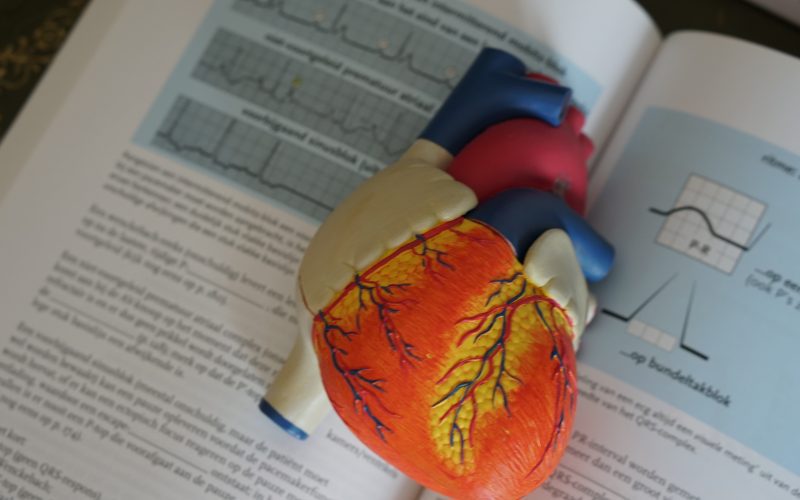Are you aware of the hidden risks that could trigger a heart attack? Contrary to popular belief, heart attacks are not only caused by unhealthy lifestyle choices such as smoking or overeating. There are several other factors that can put your heart at risk without you even realizing it. In this blog post, we’ll delve deeper into these lesser-known triggers and provide some important tips on how to keep your heart healthy and strong. So sit back, relax, and read on to discover the hidden risk factors for heart attacks that you need to know!
What is a heart attack?
A heart attack occurs when the flow of oxygen-rich blood to a section of heart muscle suddenly becomes blocked and the heart can’t get enough oxygen. If blood flow isn’t restored quickly, the section of heart muscle begins to die.
There are many risk factors for heart attacks, some of which are modifiable and others that are not. modifiable risk factors include: high blood pressure, high cholesterol, diabetes, smoking, obesity, poor diet, and lack of exercise. Non-modifiable risk factors include: age, gender (men are at greater risk than women), family history, and race (African Americans have a higher risk than Caucasians).
Most heart attacks happen without warning signs or symptoms. However, some people may experience one or more of the following: chest pain or discomfort, upper body pain or discomfort in the arms, back, neck, jaw or stomach; shortness of breath; cold sweat; fatigue; lightheadedness or dizziness. If you experience any of these symptoms call 911 immediately as time is of the essence.
Who is at risk for a heart attack?
There are several risk factors for heart attacks that are often overlooked. One of the most common is low HDL cholesterol. This is the “good” cholesterol that helps remove plaque from arteries. A level below 40 mg/dL is considered a major risk factor for heart disease. Other risk factors include high blood pressure, diabetes, and smoking. People with a family history of heart disease are also at increased risk.
What are the hidden risk factors for heart attacks?
There are several hidden risk factors for heart attacks that many people are unaware of. One of the most common is high blood pressure. Many people who have high blood pressure do not even know it because there are usually no symptoms. Another hidden risk factor is high cholesterol. High cholesterol can build up in the arteries and cause a blockage. Smoking is another major risk factor for heart attacks. Smokers are more likely to have a heart attack than non-smokers. Obesity is also a risk factor for heart attacks. People who are obese are more likely to have high blood pressure, high cholesterol, and diabetes, which are all risk factors for heart attacks.
How can you prevent a heart attack?
In the United States, someone has a heart attack every 43 seconds. And every day, about 1,000 people die from a heart attack.
Heart disease is the leading cause of death for both men and women in the United States. About 655,000 Americans die from heart disease each year—that’s one in every four deaths.
A heart attack occurs when one or more of the coronary arteries that supply blood to the heart becomes blocked. The blockage prevents oxygen-rich blood from reaching the heart muscle, and the part of the heart muscle supplied by that artery begins to die.
There are often warning signs of a heart attack, but they may not be recognized as such. It’s important to know these warning signs and to call 9-1-1 or your local emergency medical services number immediately if you experience any of them:
· Chest pain or discomfort: This pain or discomfort may feel like squeezing, fullness, or heaviness in your chest. It may come and go, or it may be constant. It may be mild or severe.
· Discomfort in other areas of your upper body: This includes pain or discomfort in one or both arms, your back, neck, jaw, or stomach area.
· Shortness of breath with or without chest pain or discomfort: You may suddenly become short of breath even when you’re resting. This feeling also may come on gradually












